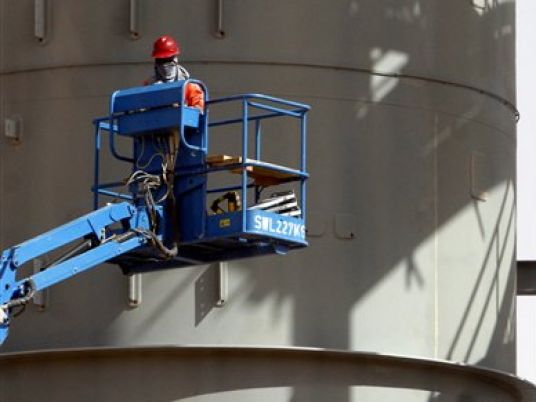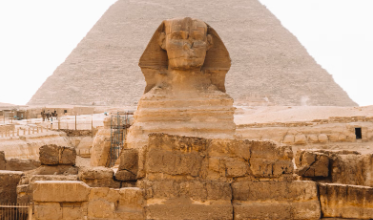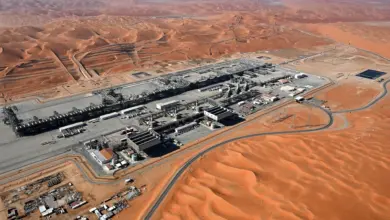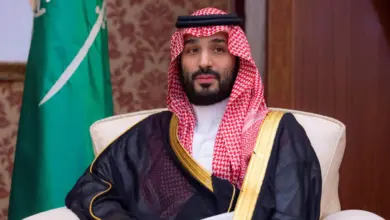
The chairman of Saudi Arabia's state oil giant said on Monday that plans for a possible initial public offering are not being driven by a need for cash amid a global slump in oil prices, but instead signal a desire for greater openness to outside investors.
Speaking at an investment conference in the Saudi capital of Riyadh, Khalid al-Falih said the potential listing of the world's largest oil producer "is not for cash" but a "sign of the times" that the kingdom is open for business.
"If we do it, the percentage will not be such that it's going to move the needle significantly in terms of the government proceeds," al-Falih said, a reference to the potential listing.
He said that despite oil prices recently dipping below $30 a barrel, Saudi Aramco's investments in oil and gas have not slowed down.
Earlier, al-Falih told the Saudi-owned Al-Arabiya news channel that any initial public offering of Saudi Aramco would not include the kingdom's oil reserves.
Saudi Arabia has aggressively kept its production levels high in what analysts say is an attempt to keep its market share and stymie the reach of US shale producers in the global market.
Talking to reporters at the conference, al-Falih said excessively high oil prices "precipitated" the current slump since "everybody wanted to contribute to supply more than the demand that was coming in."
He said Saudi Arabia has the scale and capability to sustain the current slump in prices for "a long, long time" but that "obviously, we don't wish for lower prices."
With around 80 percent of Saudi government revenues generated from oil, the kingdom has projected a budget shortfall of $87 billion in 2016. To diversify its economy away from oil, Saudi Arabia is undertaking urgent economic reforms, including a privatization initiative that is partly driving the possible listing of some of Saudi Aramco's services.
"The fact that the crown jewel of the kingdom … the company that has been generating the predominant income to the treasury of the kingdom of Saudi Arabia is being considered to be taken to the stock market, I think is a sign of the confidence the kingdom has in its enterprises," al-Falih said.




